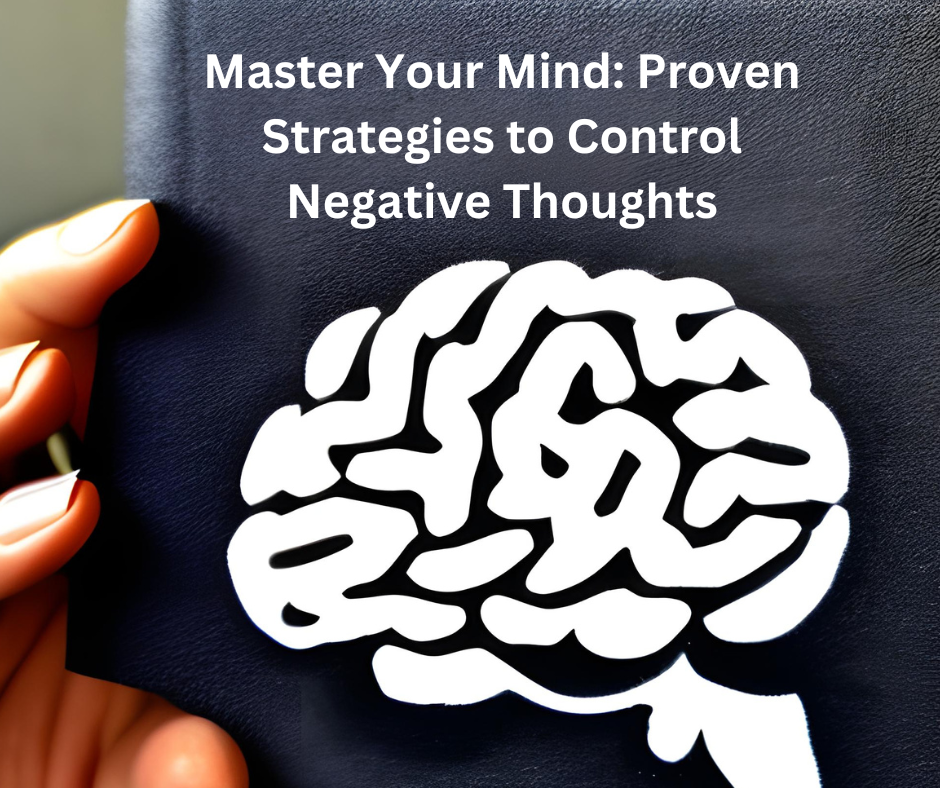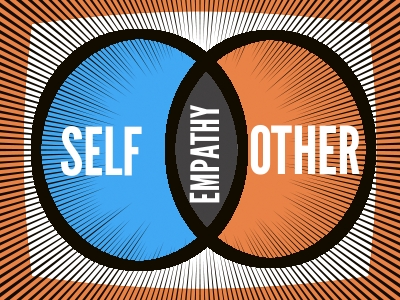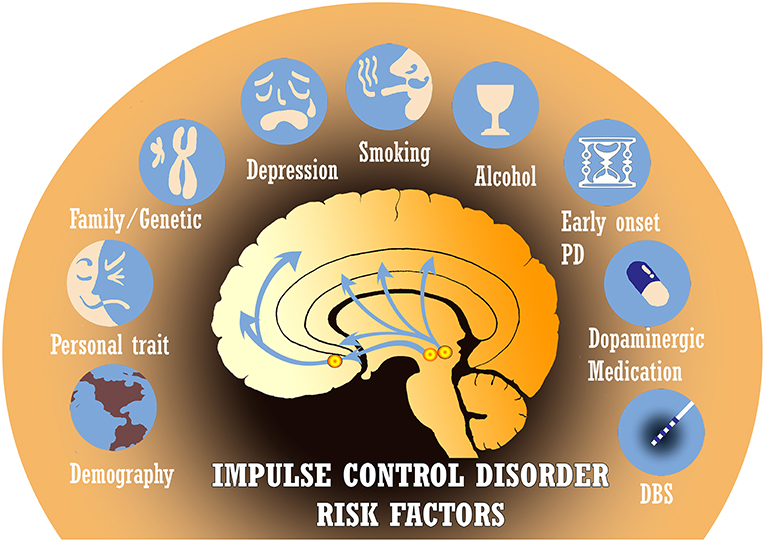
Tips
to Control Negative Thoughts
Understanding
how to control negative thoughts is integral to maintaining our mental health
and overall well-being. Whether you're dealing with anxiety, stress, or simply a
day filled with negative events, the constant influx of negative thoughts can
wear you down both mentally and physically. But it doesn't have to be this way.
Here are some strategies to help you control and minimize negative thoughts:
1.
Mindfulness and Meditation
Mindfulness
involves bringing your attention to the present moment, and this practice can
help you recognize and manage negative thoughts. By focusing on your current
state, you can identify negative thought patterns and choose not to engage with
them. Regular mindfulness meditation can be a great way to develop this skill.
2.
Cognitive Behavioral Therapy Techniques
Cognitive
Behavioral Therapy (CBT) is a psychological treatment that helps you recognize
negative thought patterns and challenge them. One of the techniques you can use
is cognitive restructuring. This involves identifying and challenging your
negative thoughts, then replacing them with more positive or realistic ones.
3.
Practice Gratitude
Cultivating
gratitude can effectively reduce negative thoughts. By focusing on the positive
aspects of your life, you're able to shift your attention away from negativity.
Start by keeping a gratitude journal and jotting down a few things you're
grateful for each day.
4.
Regular Exercise
Physical
exercise is not just beneficial for our physical health, but also for our
mental health. Exercise releases endorphins, the body's natural mood-boosters,
which can help to reduce negative thoughts and feelings.
5.
Limit Consumption of Negative Media
What
you consume on a daily basis affects your thought patterns. If you're
constantly consuming negative news or social media content, you're more likely
to have negative thoughts. Try to limit your exposure to such content and
include more positive and inspiring media.
6.
Socialize and Connect With Others
Having
strong social connections can help to ward off negative thoughts. Positive
social interactions provide a distraction from negative thoughts, and sharing
your thoughts with others can provide a new perspective or advice on dealing
with them.
7.
Healthy Sleep Routine
Sleep
is essential for our mental health. Lack of sleep can increase susceptibility
to negative thoughts. Make sure you have a healthy sleep routine, which
includes going to bed and waking up at consistent times.
8.
Nutritious Diet
What
we eat can influence our mood and thoughts. Consuming a balanced diet rich in
fruits, vegetables, lean proteins, and whole grains can help maintain a
positive mood and minimize negative thoughts.
9.
Seek Professional Help
If
your negative thoughts are overwhelming and interfere with your daily life,
seeking professional help from a mental health expert is advisable.
Psychologists, psychiatrists, or therapists can provide techniques and
treatments to manage negative thoughts effectively.
In
conclusion, while it's normal to have negative thoughts from time to time, it's
crucial to manage them effectively to maintain your mental health. Remember
that it's a process that takes time and practice, but with consistent effort,
you can shift your mindset towards a more positive one.
Comments (0)
Categories
Recent posts


Human Psychology & Empathy
2022/05/24
Impulse Control Disorders
2022/05/31
Aviation Industry and Mental Health
2022/04/18
